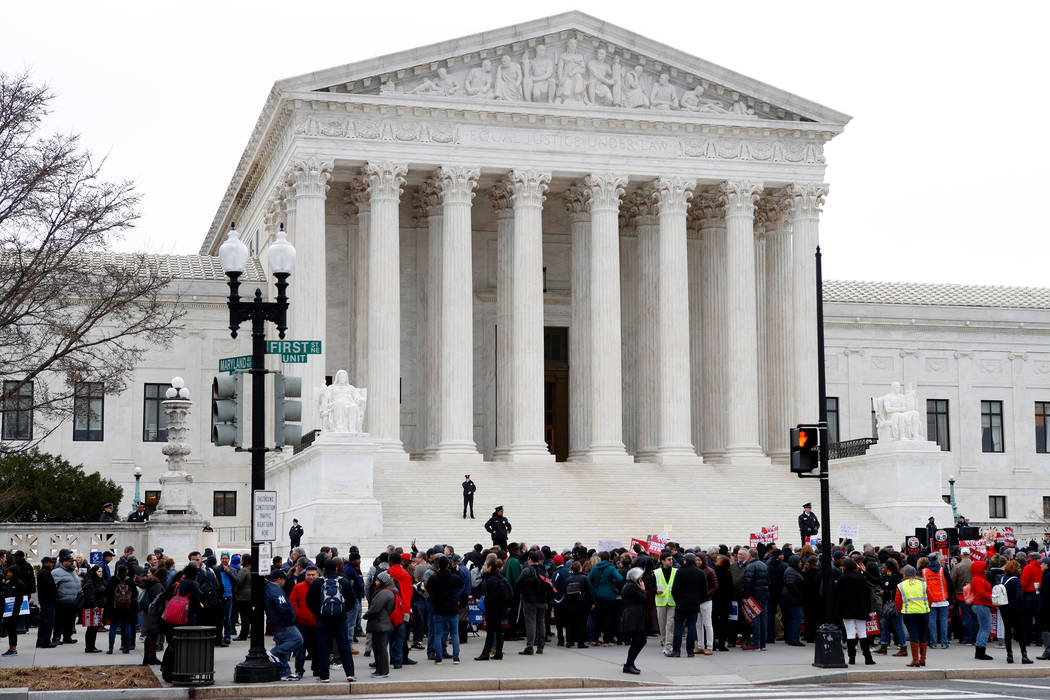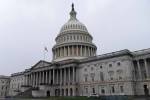EDITORIAL: A good day for liberty at the US Supreme Court
The Supreme Court concludes its term this week and in the past few days has issued two rulings strengthening the Bill of Rights, tossing out rules that hinder free speech and erode property rights.
In Knick v. Township of Scott, the high court on Friday erected a roadblock to the longstanding progressive effort to neuter the Fifth Amendment’s takings clause, which prohibits the government from seizing private property “for public use without just compensation.”
A 1985 precedent mandated that property owners exhaust all avenues in state court before they may exert Fifth Amendment claims in federal court.
As Nick Sibilla of the Institute for Justice noted, “no other constitutional right is subjected to such a legal labyrinth.” The requirement made litigation more expensive for property owners and essentially gave states the power to nullify a vital constitutional protection.
In a 5-4 ruling, Chief Justice John Roberts wrote that the state-litigation mandate “imposes an unjustifiable burden on takings plaintiffs.” Justice requires “restoring takings claims to the full-fledged constitutional status the Founders envisioned when they included the clause among the other protections in the Bill of Rights.”
The takings clause has long been in the crosshairs of big government advocates because it could impose significant financial burdens on their effort to create an overactive regulatory state, particularly when it comes to the environment and private property. This antipathy for the Fifth Amendment reached its zenith with the Supreme Court’s infamous Kelo decision in 2005, in which a liberal majority ruled that seizing property for the purpose of turning it over to a more-favored private owner constituted a “public use.”
The Knick decision moves the pendulum back a notch and represents a victory for property rights.
Meantime, the justices on Monday also struck a blow against censorship when they declared unconstitutional parts of a federal law that allowed government bureaucrats to withhold trademarks for names or images that could be considered “scandalous” or “immoral.”
Writing for the majority in Iancu v. Brunetti, Justice Elena Kagan concluded, “A law disfavoring ‘ideas that offend’ discriminates based on viewpoint, in violation of the First Amendment.” She also noted from the bench that, “The First Amendment does not allow the government to penalize views just because many people, rightly or wrongly, see them as offensive.”
Perhaps Justice Kagan should embark upon the campus lecture circuit this summer to explain what has become a foreign concept at too many universities and colleges.
The Supreme Court still has a handful of high-profile decisions to release that will ultimately define the 2018-19 session. But the past few days have been good ones for liberty and the Bill of Rights.




























